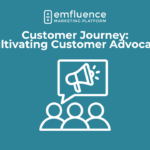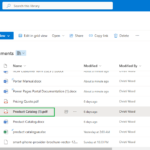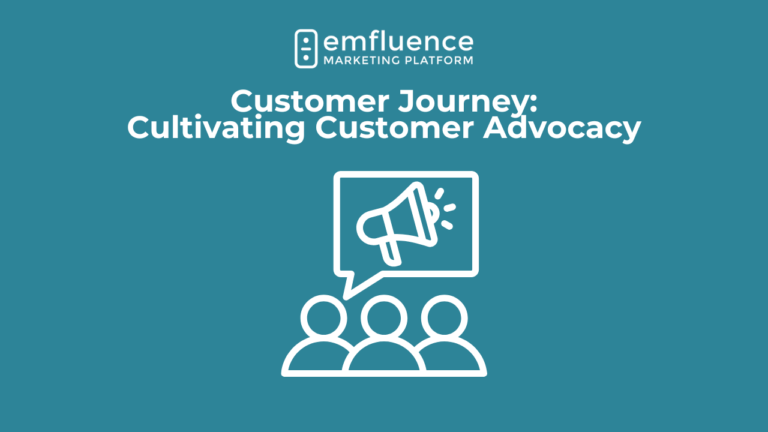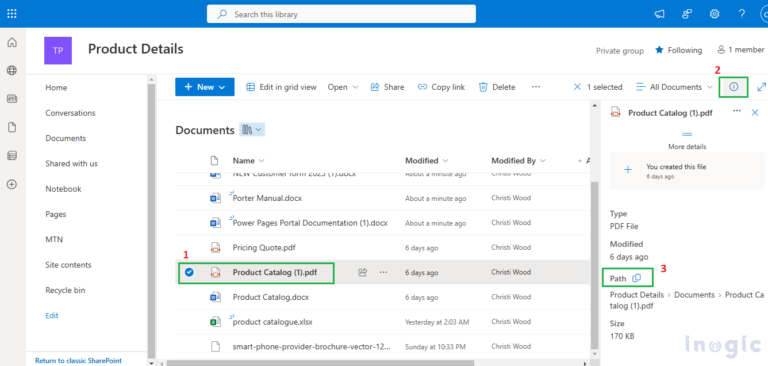Introduction
For your business to thrive in today’s competitive environment, it is critical for Customer Relationship Management (CRM) systems like Salesforce and Enterprise Resource Planning (ERP) systems to seamlessly integrate and work together. Combining CRM processes has been proven essential for operational excellence, customer satisfaction boost, and ultimately driving gross gain on the overall growth of the business structure. Salesforce ERP Integration provides a full view of your data in one dashboard and makes businesses run efficiently to make well-informed decisions. In this article, we discuss the advantages of integrating Salesforce with ERP systems and what challenges are encountered when attempting it; all while discovering solutions to these hindrances using Salesforce implementation services.
Role of Salesforce ERP Impact on Sales Person
Salesforce vs ERP Salesforce and the classic ERP systems are different but both are highly interconnected in an enterprise. While ERP systems manage core business processes, such as finance or human resources, Salesforce deals with tasks across customer relationships to sales and marketing. By doing so, information can be automatically and smoothly exchanged between these two systems without any data silos, from which business owners get to see an overall picture of their businesses.
Key Benefits of Integration
- Integration: a unified data view – with integration Cubic creates one source of truth by just combining customer and operational data coming from both systems. This consolidated view improves decision-making and strategic planning.
- Increased Productivity: With the automatic flow of data between Salesforce and ERP systems, manual updating or keying-in is removed, making it less error-prone, and reducing efforts.
- Improved Customer Experience: By understanding the entire customer history, the sales and support team can provide tailored services at the right time, which leads to better customer satisfaction and a higher repeat rate.
- Improved Forecasting and Planning: Consolidated data allows for predicting sales patterns, inventory on hand, and overall financial state more reliably, which means better forecasting and planning
- Improved Collaboration: Smooth integration facilitates collaboration among sales, finance, and operations teams with access to shared data/insights.
Don’t forget to check out: Essential Steps for Successful Salesforce Implementation in Your Business
Difficulties Faced While Integrating Salesforce with ERP Systems
Although the rewards of integration are high, working through the process can often present a difficult and daunting task. Organizations will face several challenges:
- Data Compatibility: It can be a challenge to ensure that data formats and structures are common between Salesforce datasets, as well as with the ERP system necessitating data mapping & transformation.
- Sales Cloud Configurations: Salesforce is the extensive customization as needed, and it also applies to sales cloud configurations; hence they are complex systems similar to ERP. To put all of this together you really need to know how these systems work and interact.
- Data Security and Compliance: Integration means that information is passed between systems, with the pertinent issues of data security, as well as meeting obligations to regulators.
- Scalability and Performance: The system you integrate should be able to scale as your business grows – without compromising performance in the long term.
- User Adoption: To ensure user adoption and minimize disruption, any changes to existing processes or workflows must be dealt with appropriately in the form of a change management process
Steps of Seamless Salesforce Integration
To integrate Salesforce with ERP systems effectively, you must follow a disciplined approach. So here are the basic steps:
Define Integration Objectives
Establish the purpose of this project to integrate the different services. Identify the business process and data flow you want to integrate, with specific outcomes in mind (improved accuracy of the data, replacing manual processes, etc.)
Assess System Compatibility
Assessing the Interoperability of Your Systems in Salesforce Vs ERP Recognize the potential for data compatibility problems and establish what is needed in terms of data mapping and transformation. Approach Salesforce integration services to evaluate your needs and take expert advice on it.
Integrate Solution Architecture
Develop a strong integration architecture that tells how data will pass from Salesforce to the ERP system. Use middleware or integration platforms to ease data transfer and enable scalability, and performance. Salesforce implementation consulting helps you to design your architecture in a more accurate way.
Data Mapping and Transformation
Create data mapping and transformation rules to move the information accurately between the systems. This step entails mapping Salesforce data fields to ERP field names and performing any transformations required to match the format of data.
Develop Integration Workflows
Develop integration workflows to automatically synchronize data between Salesforce and the ERP system. These workflows must address the proper updating of data, error resolution/handling, and exception cases to ensure a smooth flow of data. These workflows can be customized according to your business needs by using Salesforce customization.
Test and Validate
Please integrate and make sure you test it properly, at least in staging to avoid problems after going live. Run end-to-end tests to verify proper functioning of the data flow, and confirm that the integrated system meets performance & scale SLAs. For any integrations with other applications, they can provide help from Salesforce Managed services to maintain the integration.
Train Users and Manage Change
Train and help employees perceive the combined system so it will be used effectively with new skills. With the help of change management strategies, you can decrease disruption and encourage user adoption.
Monitor and Optimize
Regularly check on the integrated system to confirm that it is functioning properly and delivers what your business needs. Collect user insights and iterate to improve the experience of bad bugs in which you can.
Utilizing The Services Of Salesforce Implementation
Salesforce integration with ERP systems involves a lot of complexity and hence needs specific skill sets to execute. One surefire way to make this integration successful is by providing Salesforce implementation services.
![]() Check out another amazing blog here by TechForce: Streamlining Financial Advisory Services with Salesforce
Check out another amazing blog here by TechForce: Streamlining Financial Advisory Services with Salesforce
Advantages of availing of Salesforce Implementation Services
- Skill Set: Salesforce Implementation engineers have expertise in both Salesforce and ERP, they understand the tasks performed on Salesforce as well as those being handled on any of the other external systems.
- Suite Customization: Salesforce Consulting Services can customize the integration to fit your unique business requirements, making sure it connects with your processes and goals.
- Efficiency: Partnering with professional Salesforce implementation consulting improves the integration and minimizes the time & resources needed to make it work.
- On-Going Support: Salesforce managed services provide ongoing support and maintenance helping the unified system to work efficiently.
- Ensure Data Security and Compliance: Salesforce integration services cater to commercialization assurance by developing applications that meet regulatory needs, preventing unauthorized access to critical information.
Conclusion
Business benefits are so significant when it comes to the seamless integration of Salesforce with ERP systems, that this has become a strategic investment. Organizations can be more efficient, they would have a better customer experience, and make smarter decisions by consolidating the data serving both customers and operations. But the integration is a complicated one, and it needs to be done in an organized manner. Doing so can help you identify and overcome all these challenges, with much ease by partnering up with Salesforce implementation services. Through a people + platform approach, businesses can realize the full value of their Salesforce and ERP investments to win in today’s hyper-competitive market.











